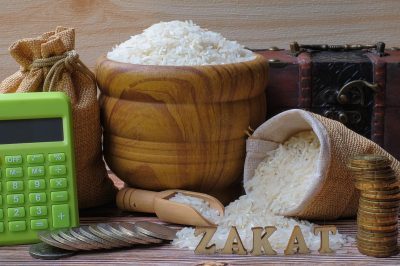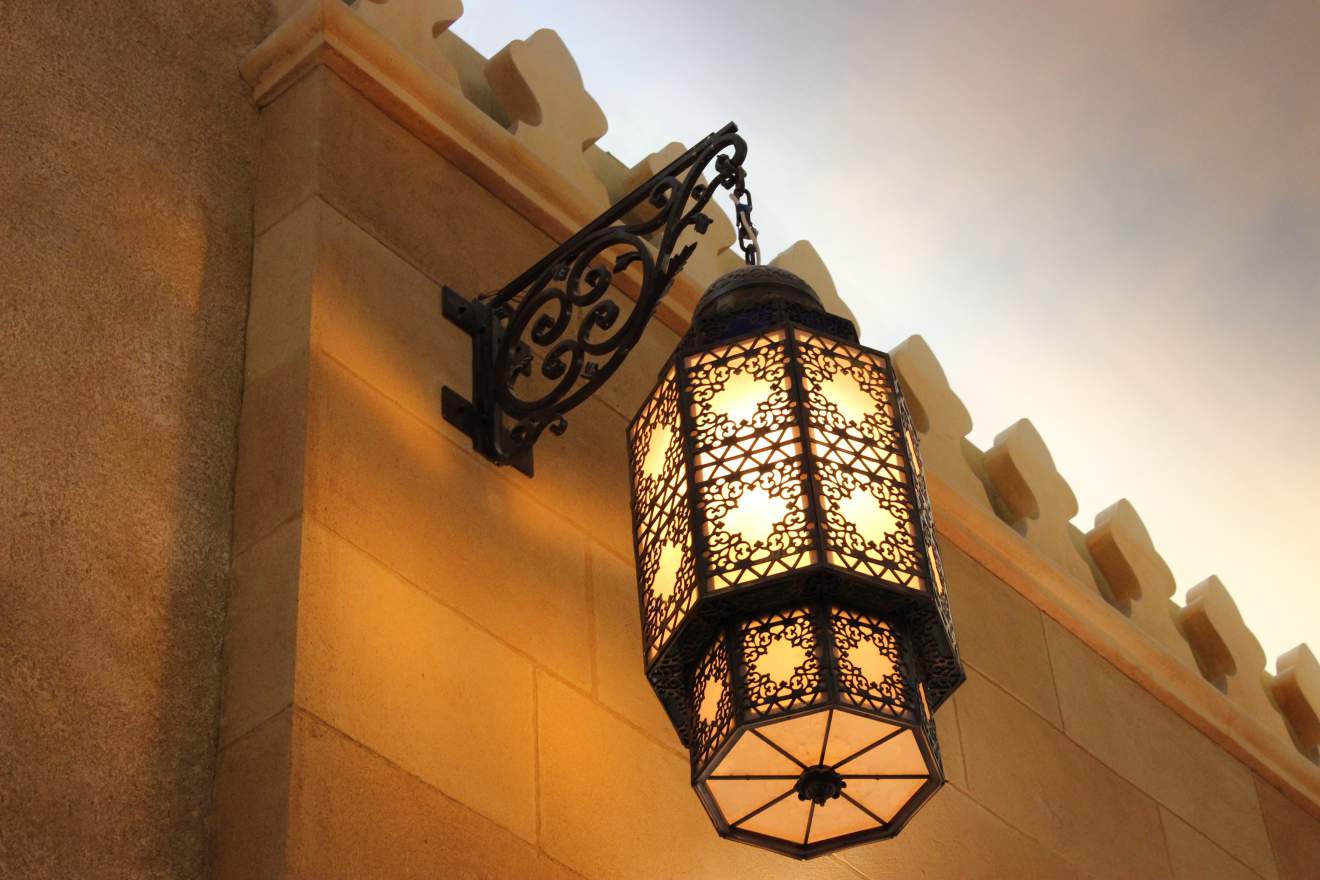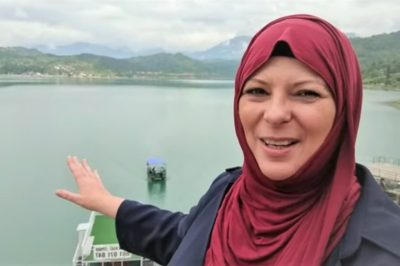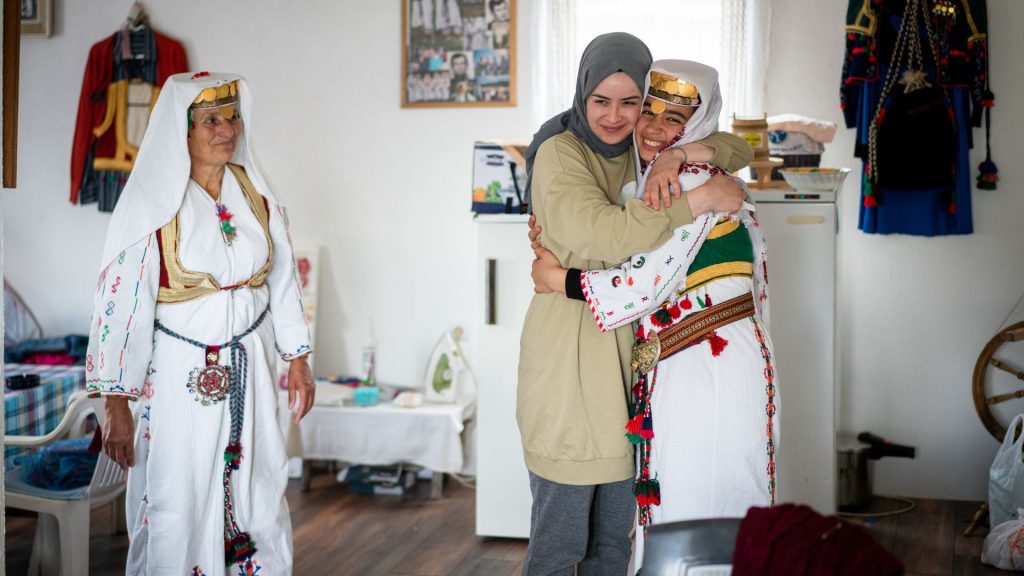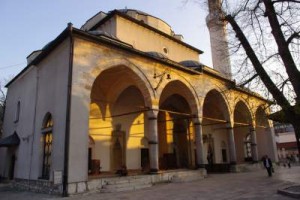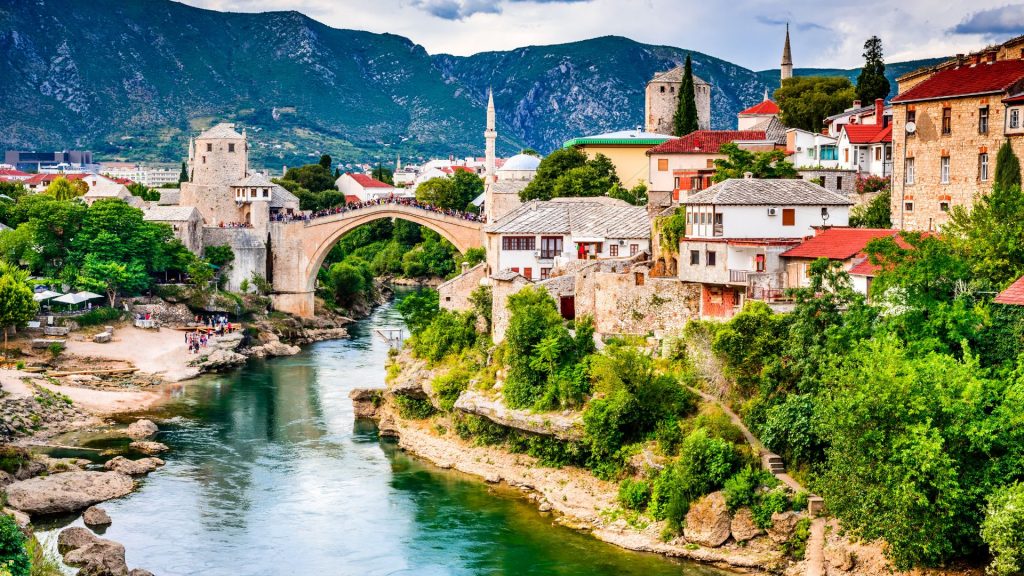Sometimes it is very tricky to understand fate and nature and how they work.
But when you go through the Quran and Hadith, it becomes pretty easy to think about the Qadr the right way.
The first thing that ALLAH SWT created was the pen, then ALLAH SWT told it to write.
The pen asked: ‘What should I write, my Lord?’ ALLAH SWT then said, “Write everything that will happen till the end (Day of Judgment)”.
The pen wrote 50,000 years ago and ALLAH SWT saved it in “Loh e Mehfooz”.
The Quran mentions “it is recorded in a preserved tablet” (85: 22). In it, ALLAH SWT has also written about Himself, “Verily My Mercy overcomes My Anger“. (Bukhari)
Here a question arises: if everything has been written, then what are we supposed to do?
Well! ALLAH SWT has given the sense of good or bad to one’s nafs
It’s up to a human being whether he likes to take the right path and fight evil.
Or rather, he surrenders his will to Satan and acts upon his guidance.
ALLAH SWT has kept all the authority Himself but the only thing He SWT wants us to do is to try, not to focus on the result.
We should make our best efforts and leave the rest to ALLAH SWT.
Qadr and faith go side by side. If something happens, your faith must be strong enough to submit to the will of ALLAH SWT and accept His decree anyway.
“Perhaps you dislike something which is good for you and like something which is bad for you. ALLAH SWT knows and you do not know” (2: 216).
Why? Because ALLAH SWT says in various verses to satisfy our thoughts.
- “Be patient: ALLAH SWT does not let the rewards of those who do good go to waste“- (11: 115)
- “Humans can have only that for which they make efforts“. (53: 39)
- “Man will not get anything unless he works hard“. (53: 39)
- “And that his effort is going to be seen“. (53: 40)
ALLAH SWT has His ways of responding to our efforts. Sometimes they are visible and sometimes they help to get us away from some jeopardy. But HE doesn’t stop pouring down His mercy.
Our Prophet S.A.W.W has informed us of a beautiful way, how to be content with the will of ALLAH SWT
.
Abu Huraira R.A reported that ALLAH’s Messenger (ﷺ)said:
“A strong believer is better and is more lovable to ALLAH SWT than a weak believer, and it is good in everyone, (but) cherish that which gives you benefit (in the Hereafter) and seek help from ALLAH SWT and do not lose heart, and if anything (in the form of trouble) comes to you, don’t say: If I had not done that, it would not have happened so and so, but say: ALLAH did that what He had ordained to do and your” if” opens the (gate) for the Satan”. (Bukhari: 2664)
When you bring “if” into your thoughts, Satan gets a chance to intervene in your faith to play with it. And will get you indulged in doubts.
Leaving the matter to ALLAH SWT makes one Muslim content, which brings him the ultimate acceptance of what has happened.
ALLAH SWT loves contentment and will bless in ways one has never imagined.
So whenever one finds himself in such a situation, one should always remember this verse.
“No disaster strikes except by permission of ALLAH SWT. And whoever believes in ALLAH SWT- He will guide his heart his heart. ALLAH SWT is All-knowing of all things”. (64: 11)
Does that mean Qadar can never be changed?
The Prophet Muhammad S.A.W.W told us that “nothing can change Qadr except dua” (Tirmidhi: 139). So one should keep making dua to seek ALLAH SWT’s mercy and help.
Being Muslim, all we all need to do is to make our best efforts and constantly make dua for a good Qadr.
And then, whatever happens, our hearts will be at ease and we will have a sense of peace while accepting ALLAH SWT’s decree. As we all know,
“They plan, and ALLAH SWT plans. Surely, ALLAH SWT is the best of Planners”. (8: 30)
The post Qadr of Allah (SWT) appeared first on About Islam.
source https://aboutislam.net/blog/qadr-of-allah-swt/
 Read Also:
Read Also: 



